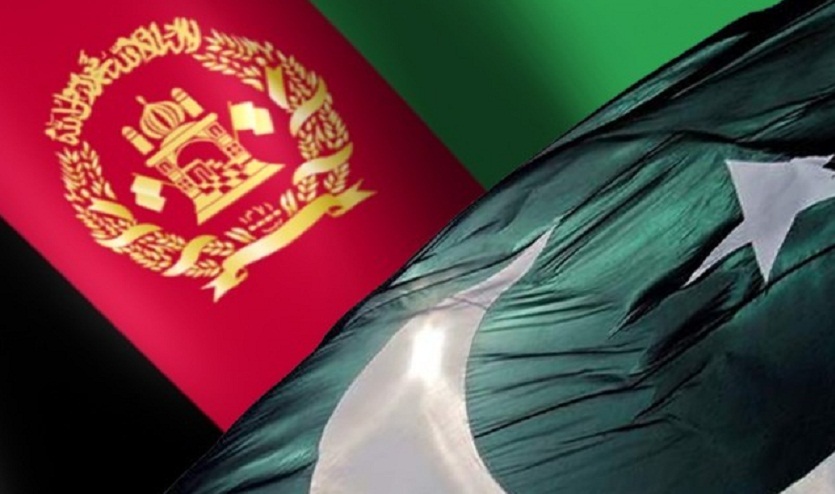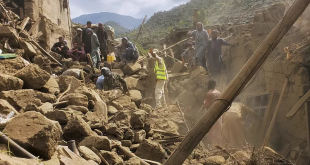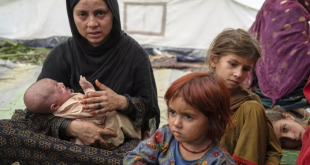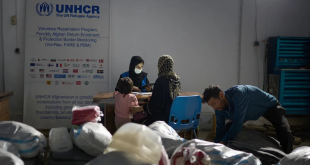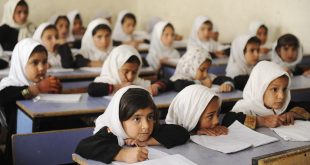By Mansoor Faizy-KABUL: Pakistan Foreign Office Spokesman, Nafees Zakaria said that peace in Afghanistan is vital for regional rationality.
Speaking at a TV program he said, “Pakistan is going to participate in the Heart of Asia Conference being held in India because it is related to Afghanistan.”
Moreover, he said that his country firmly believes in peace and stability in Afghanistan.
However, Kabul is not so-optimistic about sincerity and role of Pakistan. Afghan officials have repeatedly accused Islamabad of playing double game with Kabul and the international community by harboring terrorists and providing shelter and material support to the Taliban as well as Haqqani Network. Pakistani authorities have rejected the allegations. Relations between the two countries are still at the sub-zero level.
Afghan analysts and officials say that the killing of top Afghan Taliban, Haqqani and Al-Qaeda leaders in Pakistan is great example of Pakistan’s support to the militants and terrorists aimed at destabilizing Afghanistan. It is not only Afghan officials that blame Pakistan, as recently the United States called on Pakistan to go after all terrorist networks operating on its soil, reiterating that it will not hesitate “to act alone” to “disrupt and destroy” them.
“The problem is that there are forces within the Pakistani government — specifically in Pakistan’s Inter-Services Intelligence (ISI)—that refuse to take similar steps against all the terrorist groups active in Pakistan, tolerating some groups – or even worse,” Adam Szubin, Acting Under Secretary on Countering the Financing of Terrorism, said in a speech to a Washington-based think-tank.“This is a distinction we cannot stand for,” he added.
“We continue to urge our partners in Pakistan to go after all terrorist networks operating in their country. We stand ready to help them. But there should be no doubt that while we remain committed to working with Pakistan to confront ongoing terrorist financing and operations, the US will not hesitate to act alone, when necessary, to disrupt and destroy these networks,” Szubin warned.
The top US commander in the war-hit country said that he was increasingly seeing a “convergence between the Haqqanis, the Taliban, the Al Qaeda and the Lashkar-e-Taiba,” in Afghanistan.
The Haqqani Network, a UN-designated terrorist group which has killed Indian diplomats, military officials and civilians in Afghanistan in recent years, continues to enjoy sanctuary in Pakistan and operates freely from there, the top US commander in Afghanistan John Nicholson said.
Around two months ago, in an interview with The Indian Express in Kabul, Nicholson said, “We see, on the one hand, a stated aspiration for reconciliation (on the part of the Pakistan government, by bringing the Taliban to the table for peace talks). While on the other, the Haqqanis still enjoy sanctuary and can operate freely from inside Pakistan and this continues to be a concern.”
Recently, Shalabh Kumar, a key Indian-origin member of Donald Trump’s advisory council and prominent businessman, said that US President elect would approve a Congress bill to declare Pakistan a terror state when the legislation reaches him in what would be a shot in arm for India’s anti-terror narrative. A key step that the new president is expected to take is to give assent to the US Congress bill that has been introduced in the house to declare Pakistan a terror state when the legislation reaches him, Kumar told ET in an exclusive interaction over phone from USA days after the presidential polls.
In the past, reports emerged that Pakistan has issued a stark warning to the Afghan Taliban over being sidelined from the Taliban’s secret talks with the government.
The Associated Press citing two Taliban officials reported that Islamabad has told the Taliban to either include Pakistan in the negotiations or have all the top Taliban leaders leave the country with their families.
 Afghanistan Times
Afghanistan Times
